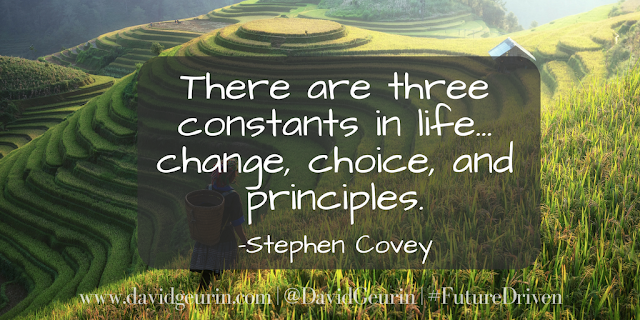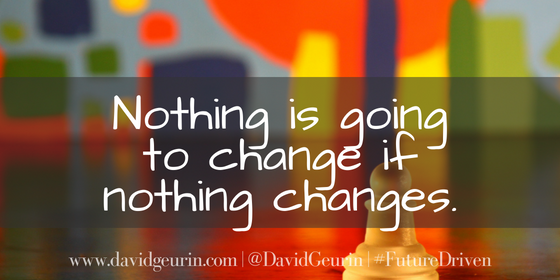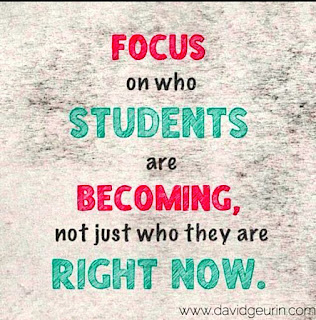In a world that is more complex and uncertain than ever before, what is most valuable? Creativity, Empathy, or Technology.
You might argue it's technology. After all, everything that can be digitized is being digitized. Over the last 20 years, we've seen changes that are unprecedented. The Internet has changed how we live, work, play, and interact. Social media has exploded. Nearly every person on the planet, it seems, has an Internet connected mobile phone. We can literally stay connected every minute of every day. Self-driving cars are a reality. We have the Internet of things, big data, robotics, artificial intelligence. Digital is how the world is changing.
Fewer people are creating a larger portion of global wealth today. It takes fewer and fewer people to produce more and more. The innovation economy is already here, but it's accelerating. Digital is going to continue to drive change.
And change will happen even faster.
And yet, the things that are becoming more valuable for the future are the things that cannot be digitized or automated. Traits that are human-only will become more and more valuable. Traits like creativity and empathy.
Creativity is thinking in novel ways. It's solving problems. It's developing new ideas, finding better opportunities, and combining old things to create new possibilities.
Empathy is the ability to understand, connect, and see the world through other people's eyes. It's moving closer to people. It's having social skills to communicate, accept differences, and find common ground.
In order to adapt in this rapidly changing world, we must embrace technology. It's important.
But more importantly, our students will need to develop creativity and empathy. It's not about what you know. It's about what you can do with what you know. Can you work with people? Can you add value to people? Can you create something new and interesting?
These disruptive trends show no signs of slowing. But are schools keeping up? I don't think so. Things are moving so fast, it's hard to keep up, even for the schools that embrace change.
Creativity and empathy are not considered the core work in most schools. They are extras, add-ons, and enrichment programs. But I think we have it flipped. Start with creativity and empathy and use those to propel learning of content and academic skills.
It's very different than the type of learning I had when I was in school. We plowed through content and curriculum and produced right answers year after year. We jumped through all the hoops as instructed but probably didn't learn how to take much initiative.
And that worked okay in a world where a high school diploma could get you a job, maybe even a career. And a college degree almost assured you a privileged place in society. Those days are gone.
We cannot afford to prepare students for the world we grew up in. We must prepare them for the world they'll live in.
























